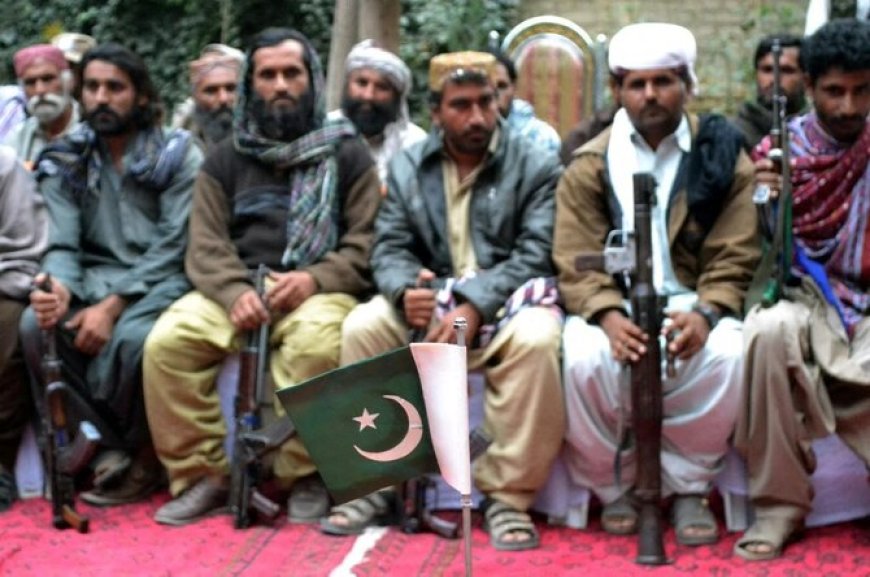Denies of Involvement in Lethal Attack on Pakistan's Coal Mines: Baloch Liberation Army
Prominent separatist terrorist group Baloch Liberation Army (BLA) has categorically denied any role in the attack on coal mines in the Dukki district of Balochistan in a startling occurrence that has left at least 21 mine workers dead

Prominent separatist terrorist group Baloch Liberation Army (BLA) has categorically denied any role in the attack on coal mines in the Dukki district of Balochistan in a startling occurrence that has left at least 21 mine workers dead. On Friday, scores of armed terrorists who used guns, rockets, and hand grenades to cause terrible casualties invaded the operations of the Junaid Coal Company. According to reports, several of the miners were executed in cold blood after being lined up by their attackers; several of them were attacked while they slept.
Late Saturday's statement from the BLA denounced the violence, calling it a slaughter of Pashtun laborers, and underlined that their group had no role in this sad occurrence. Given the continuous violence in Balochistan, a territory engulfed in decades-long insurgency driven by several separatist and militant factions, this denial is noteworthy. Reflecting ingrained resentment over the exploitation of Balochistan's vast mineral wealth, these organizations frequently target government and military sites as well as Chinese businesses.
Apart from its ferocity, the incident is noteworthy for its timing since it happened only days before Pakistan is scheduled to host a Shanghai Cooperation Organization (SCO) summit. The meeting is expected to attract international attention especially as Pakistan tries to develop business connections and draw foreign investment among a continuous economic crises. In this background, the violence emphasizes Balochistan's ongoing instability, where not just separatist movements but also resurgent Islamist extremists have seriously challenged the government.
Rich in natural resources, Balochistan hosts major mining operations including Reko Diq, run by Barrick Gold and regarded as among the biggest gold and copper mines in the world. China has also set operations in the area, which complicates the local dynamics even more since Baloch separatists claim the Pakistani government does not distribute the riches produced from these resources to the local people.
The desire of the BLA for an autonomous Balochistan draws attention to the conflicts between ethnic rebels and the central government, which is sometimes seen as giving outside interests first priority above the needs and rights of local populations. The BLA's denial of participation in the mine strike begs issues regarding internal conflicts among militant groups in the area as well as the wider consequences for security and stability in Balochistan while the struggle lasts.
The terrible death toll in the coal mines reminds Pakistan of the continuous bloodshed and the pressing necessity of communication and reconciliation in a country long plagued by war as it works through these difficulties.













































